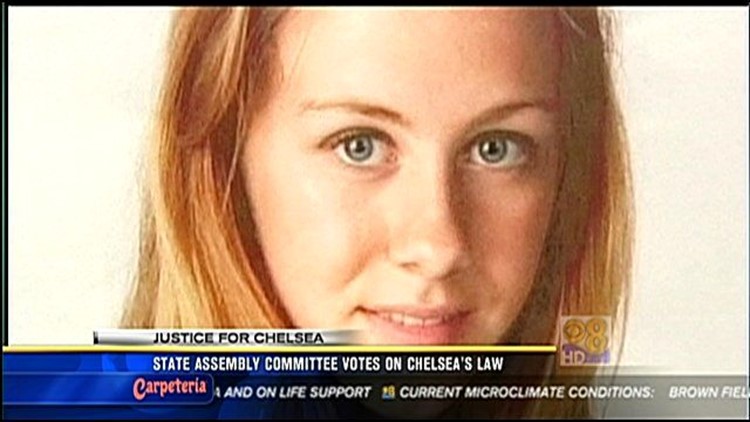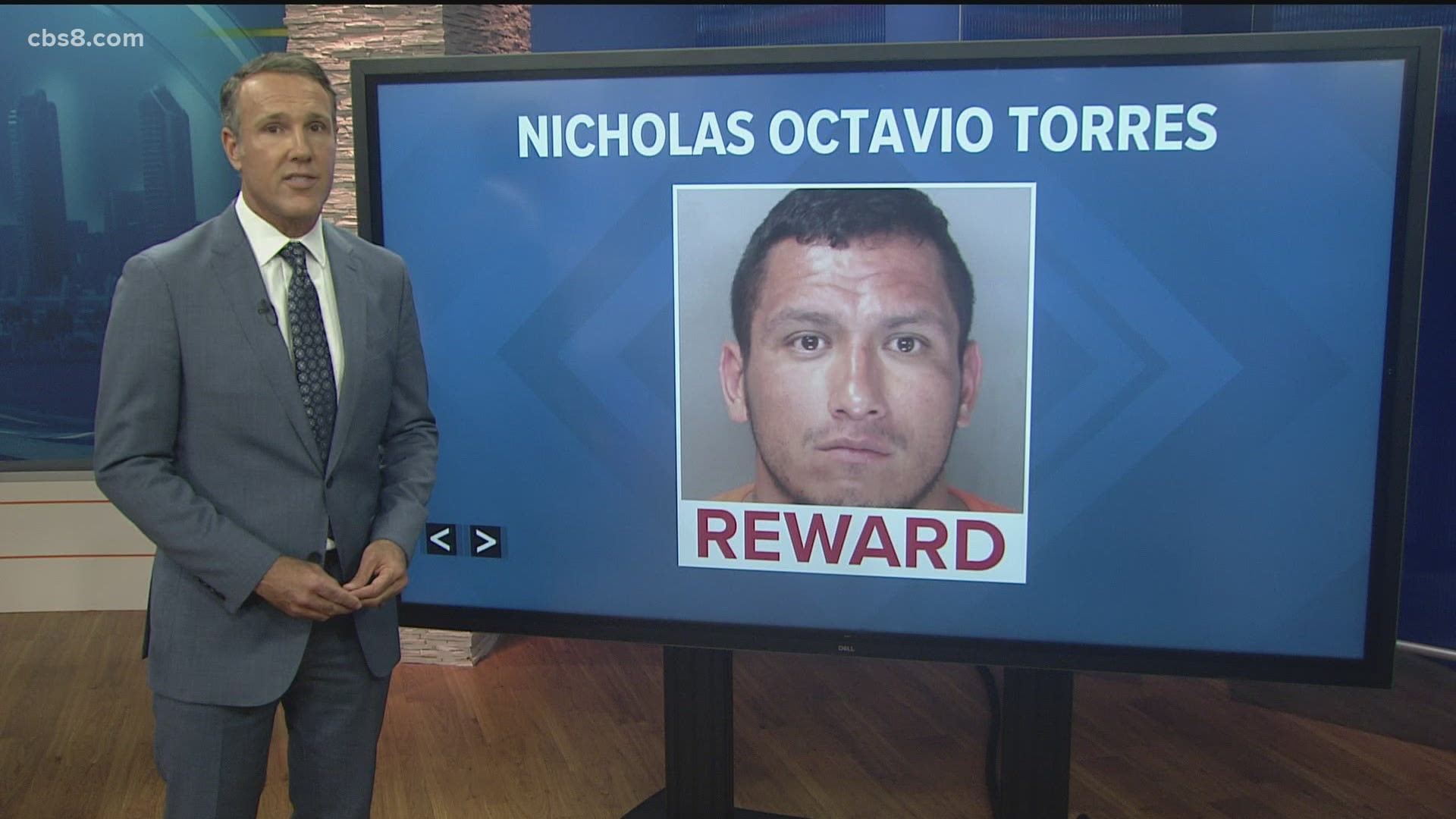(CBS 8) - Major changes were announced Tuesday for Chelsea's Law as it passed another key vote in Sacramento. The bill's author now says the cost of putting more sex offenders in prison will be paid for by reducing sentences for other criminals.
It's the biggest question surrounding Chelsea's Law: how to pay for it? A possible answer came Tuesday, as the bill passed a key vote in the state Senate Public Safety Committee.
Republican Assemblyman Nathan Fletcher told the panel in order to put more sex offenders away for life, he has agreed to amend Chelsea's Law so fewer thieves go to prison.
"In this spirit we've agreed to a change to the charge of petty theft with a prior offense from a wobbler -- a charge that can be either a felony or a misdemeanor -- to a misdemeanor punishable by a year in jail," Fletcher said.
The compromise means non-violent criminals convicted of shoplifting, theft or embezzlement of less than $400 would not be sent to prison. The deal was brokered behind the scenes with the democratic chairman of the Public Safety Committee, Mark Leno.
"If we are going to lock up very dangerous and offensive people for longer periods of time, we have to prioritize. We haven't got endless resources and we we're not about to start building new prisons," state senator Leno said.
The changes also mean offenders who commit non-violent, lewd acts on a child under age 14 would only be on parole and GPS monitoring for 10 years, not for life. And, only sex offenders who commit crimes against children under age 14 would be banned from parks.
"It's sad it took two beautiful young girls to lose their lives for all of us to recognize our sex offender management needed some updating," Nina Salarno-Ashford of Crime Victims United told committee members Tuesday.
Other new amendments to Chelsea's Law would mandate polygraph testing for sex offenders on parole and improved risk assessment testing of offenders. Those risk scores would be posted online on the Megan's Law web site.
Opponents say the bill is still too expensive and needs a better focus.
"What we need to do is work on prevention. If we only address the side of once the horse is out of the barn, we're not going to stop the problem," David Warren of Taxpayers for Improving Public Safety testified.
Opponents question whether these new changes will be enough to make the bill cost neutral.
Chelsea's Law now moves on to the senate appropriations committee, where a new cost analysis will be done.



